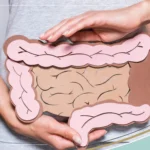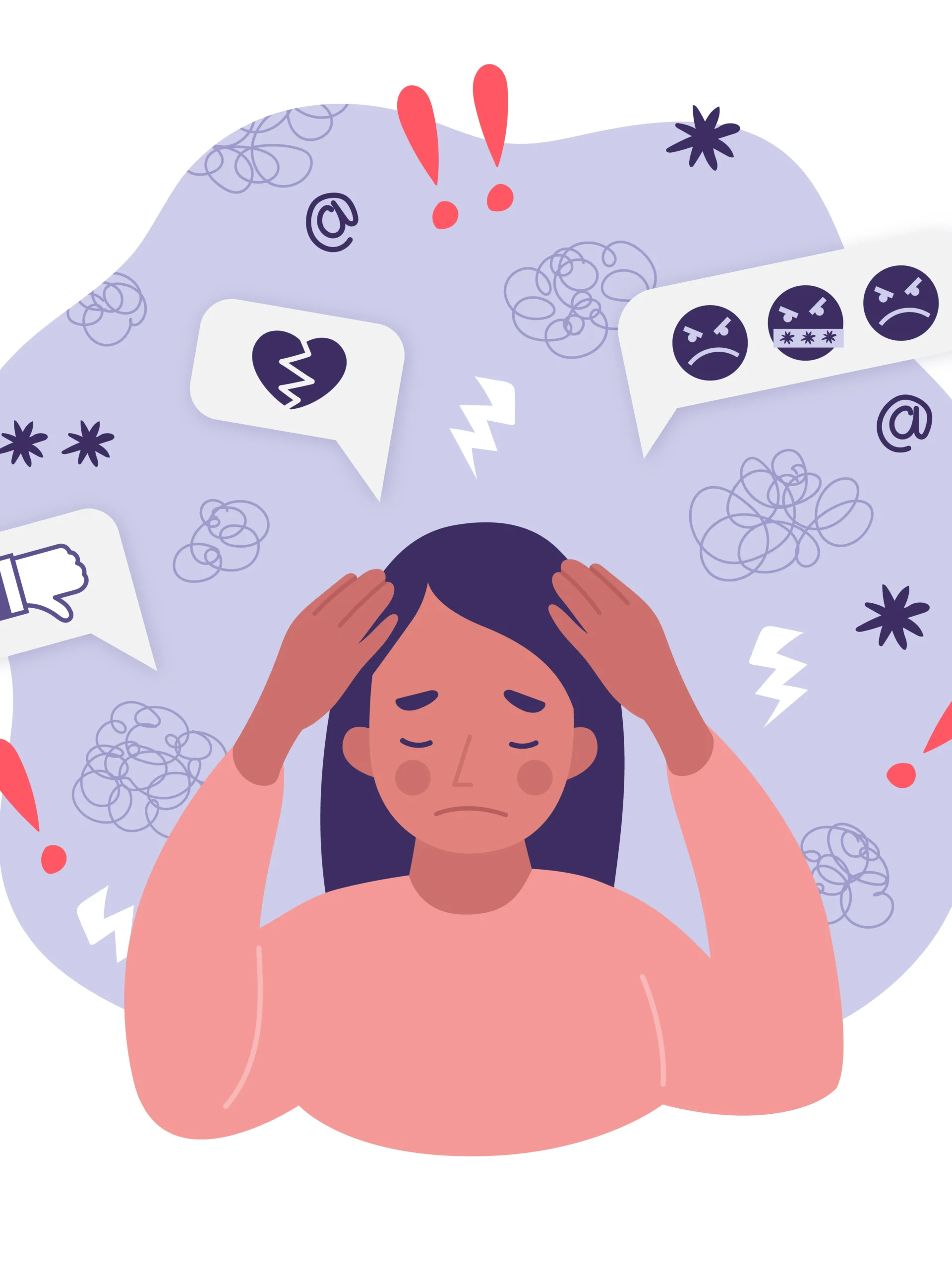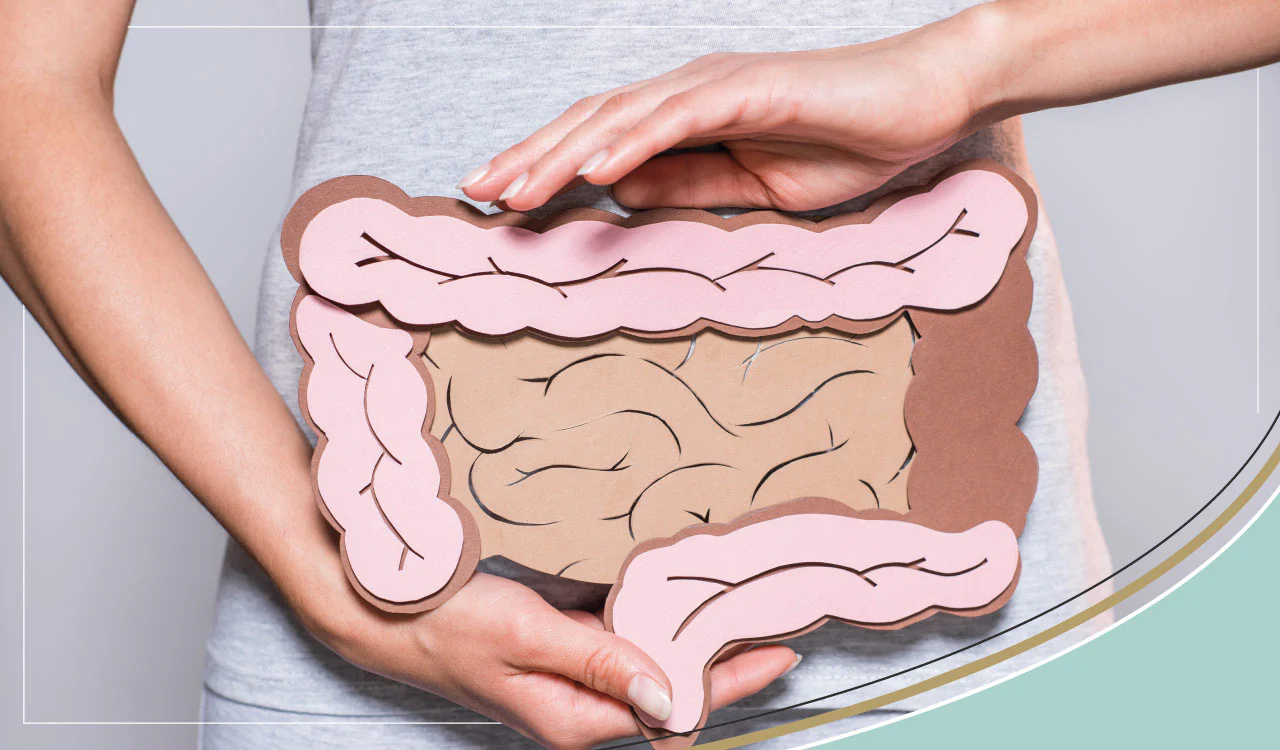Today, anxiety, stress, and depression affect millions of people across different walks of life. These experiences are human responses to overwhelming challenges.
For individuals and families searching for support, options like professional counseling, community support groups, or even specialized care such as anxiety treatment programs and other areas can make a meaningful difference in recovery and well-being.
Why Do Anxiety, Stress, and Depression Happen?
Life can bring unexpected changes like job loss, financial struggles, family conflicts, or health problems that create emotional strain. While occasional stress or sadness is natural, ongoing difficulties can develop into deeper concerns.
- Stress: Usually linked to external pressures like deadlines, financial worries, or caregiving responsibilities.
- Anxiety: Involves excessive worry, nervousness, or fear about everyday situations, even when there isn’t an immediate threat.
- Depression: Characterized by persistent loss of interest in daily activities, sadness, changes in sleep and appetite, and difficulty concentrating.
How Do These Conditions Impact Daily Life?
These challenges can influence physical health, relationships, and professional or academic performance. Common effects include:
- Difficulty sleeping or oversleeping.
- Fatigue and low energy.
- Withdrawal from friends and family.
- Trouble focusing or making decisions.
- Unexplained aches and pains.
For families and loved ones, seeing someone struggle can create feelings of helplessness or frustration. Recognizing symptoms early can make it easier to seek help before things worsen.
What Is The Connection Between Mental Health and Physical Well-Being?
Mental and physical health are closely linked.
Chronic stress increases heart disease risk and high blood pressure. Anxiety can cause headaches or digestive issues, while depression is often associated with fatigue and weakened immune function.
Caring for mental health goes beyond emotions and is a vital part of overall health.
What is Dual Diagnosis?
Many people facing anxiety or depression also struggle with substance use. This is known as a Dual Diagnosis, also known as co-occurring disorders, when a mental health ailment and a substance use disorder occur together. For instance:
- Someone with depression may use alcohol to cope, creating a cycle of dependence.
- A person with high anxiety may misuse substances to temporarily reduce their symptoms.
Integrated care is crucial. Treating only one condition without addressing the other often leads to relapse or incomplete recovery. Specialized programs that manage both mental health and substance use together provide a stronger path forward.
Prevalence and Statistics (2024–2025)
- In the U.S., millions are affected each year. In 2024, among 61.5 million adults with any mental illness in the past year, 21.2 million (about 34.5%) also had a substance use disorder.
- Of 14.6 million adults with serious mental illness, nearly 6.9 million (47.3%) had a co-occurring substance use disorder.
- Treatment gaps are significant. Of the 21.2 million adults with co-occurring disorders, 41.2% received neither mental health nor substance use treatment in the past year.
- Only 14.5% received treatment for both conditions. The remainder received either mental health treatment alone (41%) or substance use treatment alone (3.2%)
- Among adolescents aged 12 years to 17 years with both a substance use disorder and experienced a major depressive episode, 27.9% received no treatment, 18.1% received both types of treatment, and 53% received only mental health treatment.
Why Dual Diagnosis Often Happens
- Shared risk factors
According to the National Institute of Drug Abuse (NIDA), substance use disorders and mental health disorders often co-occur due to overlapping risk factors like genetics, trauma, stress, and environmental pressures. - Usage as self-medication
NIDA also states that many individuals attempt to self-manage symptoms of anxiety, depression, or stress through substance use, which may offer temporary relief but often worsens underlying conditions.
Treating substance use disorders and mental health ailments at the same time, known as integrated care, leads to significantly better results than treating them separately.
What Approaches of Healing Work in Such Situations?
Recovery looks different for everyone, but many evidence-based approaches can help manage anxiety, stress, and depression:
- Therapy and Counseling: Dialectical Behavior Therapy (DBT), Cognitive Behavioral Therapy (CBT), , and other formats of talk therapy helps people recognize negative thought patterns and develop healthier coping strategies.
- Lifestyle Adjustments: Regular exercise, balanced nutrition, and quality sleep improve emotional stability.
- Mindfulness Practices: Meditation, breathing exercises, and grounding techniques reduce stress and promote calm.
- Support Systems: Strong connections with family, friends, or support groups reduce feelings of isolation.
- Professional Treatment Programs: A Mental Health Treatment Center can provide structured, compassionate care tailored to individual needs.
Why Seek Professional Anxiety and Depression Treatment?
While self-care and community support are valuable, professional guidance is often necessary, especially when symptoms interfere with everyday life. Anxiety and Depression Treatment programs provide safe spaces to explore emotions, learn coping tools, and address underlying causes.
Professional support is about creating hope and direction. Mental health treatment offers people a chance to break cycles of distress, restore balance, and rediscover joy in life.
How to Create a Supportive Environment at Home and Work
Healing is more sustainable when the environment supports it. Families and workplaces can:
- Encourage open conversations without judgment.
- Reduce unnecessary stress by offering flexibility.
- Celebrate small progress, not just big milestones.
- Respect the importance of therapy or treatment schedules.
Taking the First Step Toward Healing
Living with stress, anxiety, or depression can feel overwhelming, but it is never a life sentence. Many people recover from drug abuse and lead fulfilling lives with the right support.
Reaching out for help is an act of strength, not weakness, whether through individual counseling, group programs, or specialized care.
If you or a loved one is struggling, know that resources are available to guide you through. From community-based support to specialized mental health treatment center programs, there is hope for healing and growth.
Bottom Line
Anxiety, stress, and depression are more common than many realize, but they are treatable. Recognizing the signs, understanding the challenges, and seeking the right support can change lives.
Recovery often begins with a single step, which is asking for help. With compassionate care, whether through counseling, support networks, or structured programs, people can move from surviving to truly thriving.











